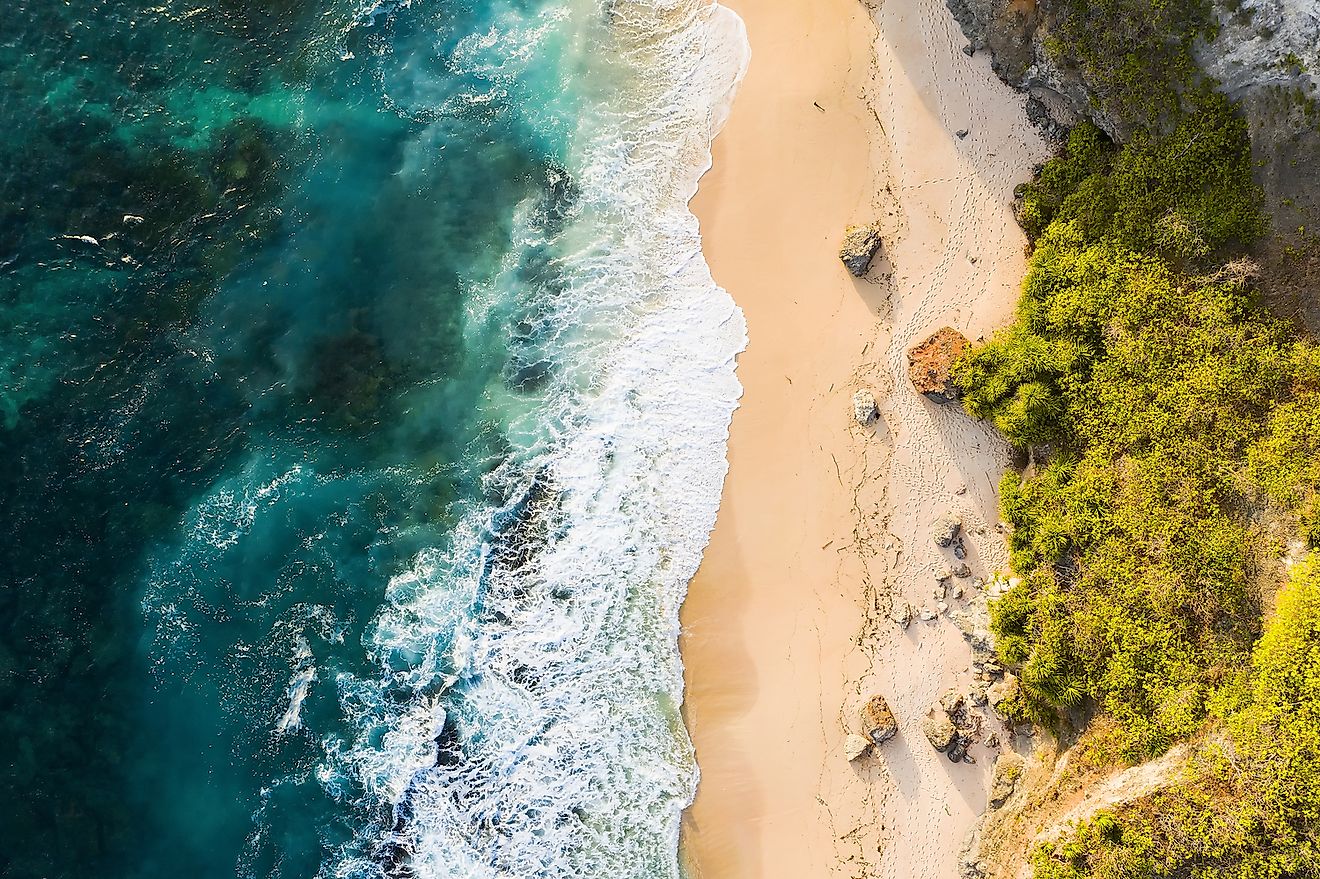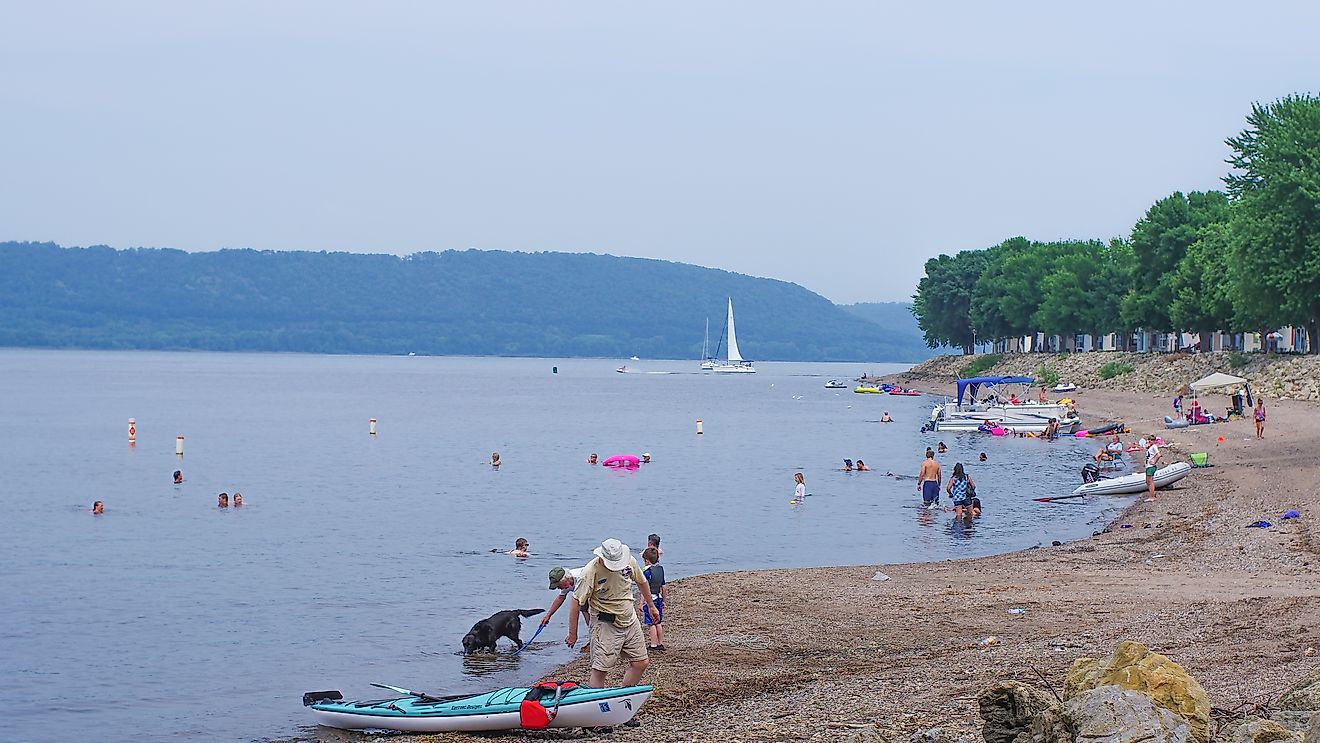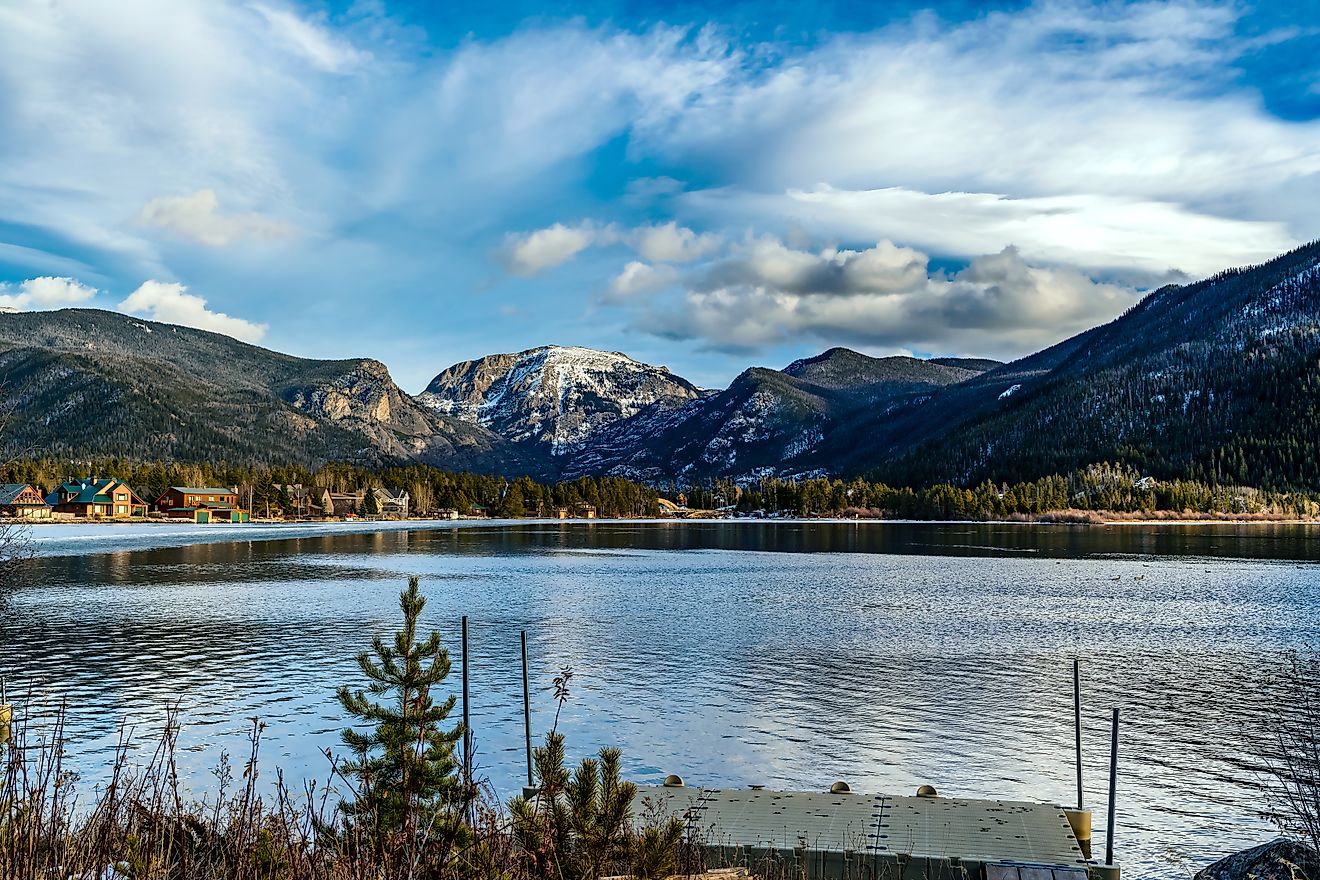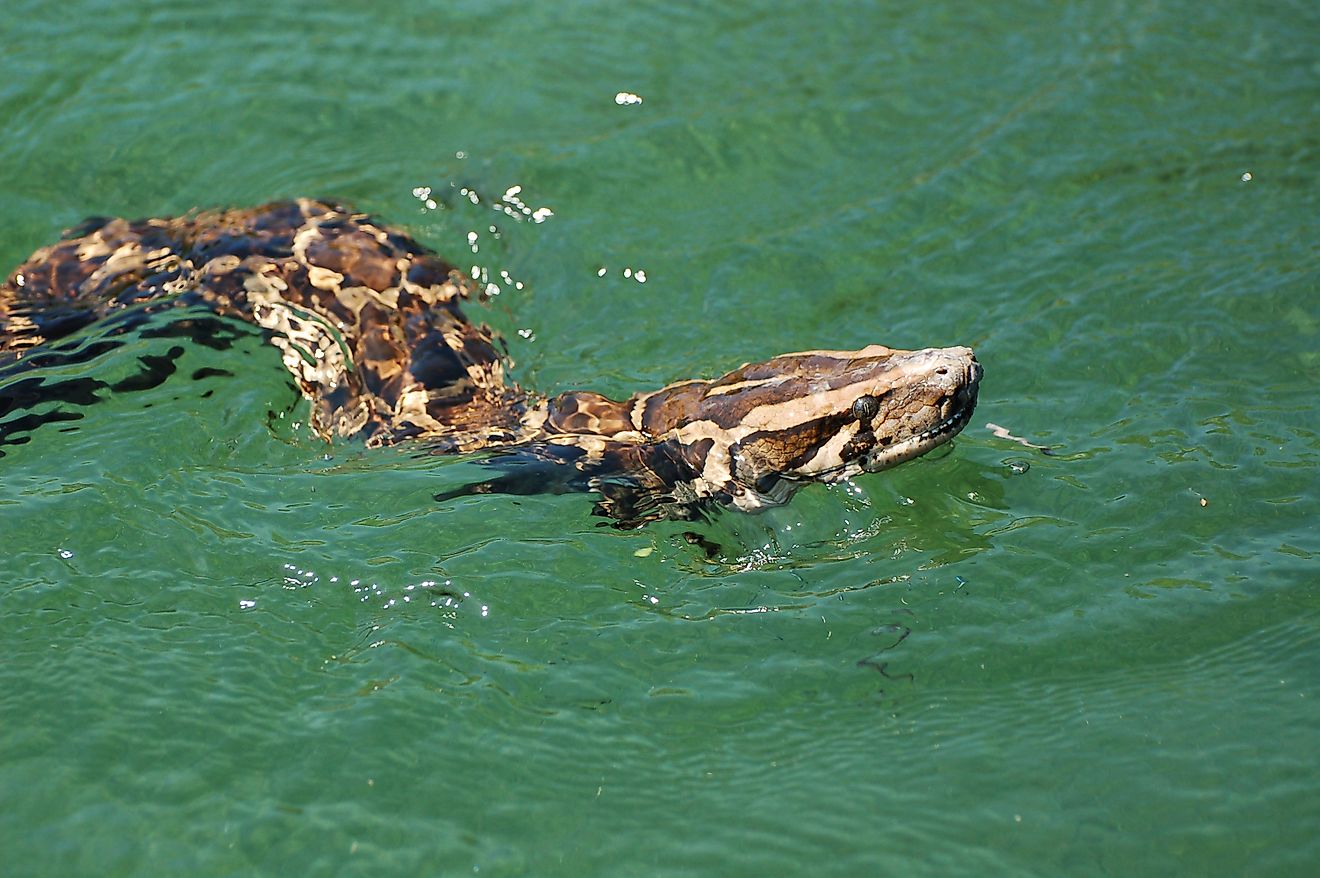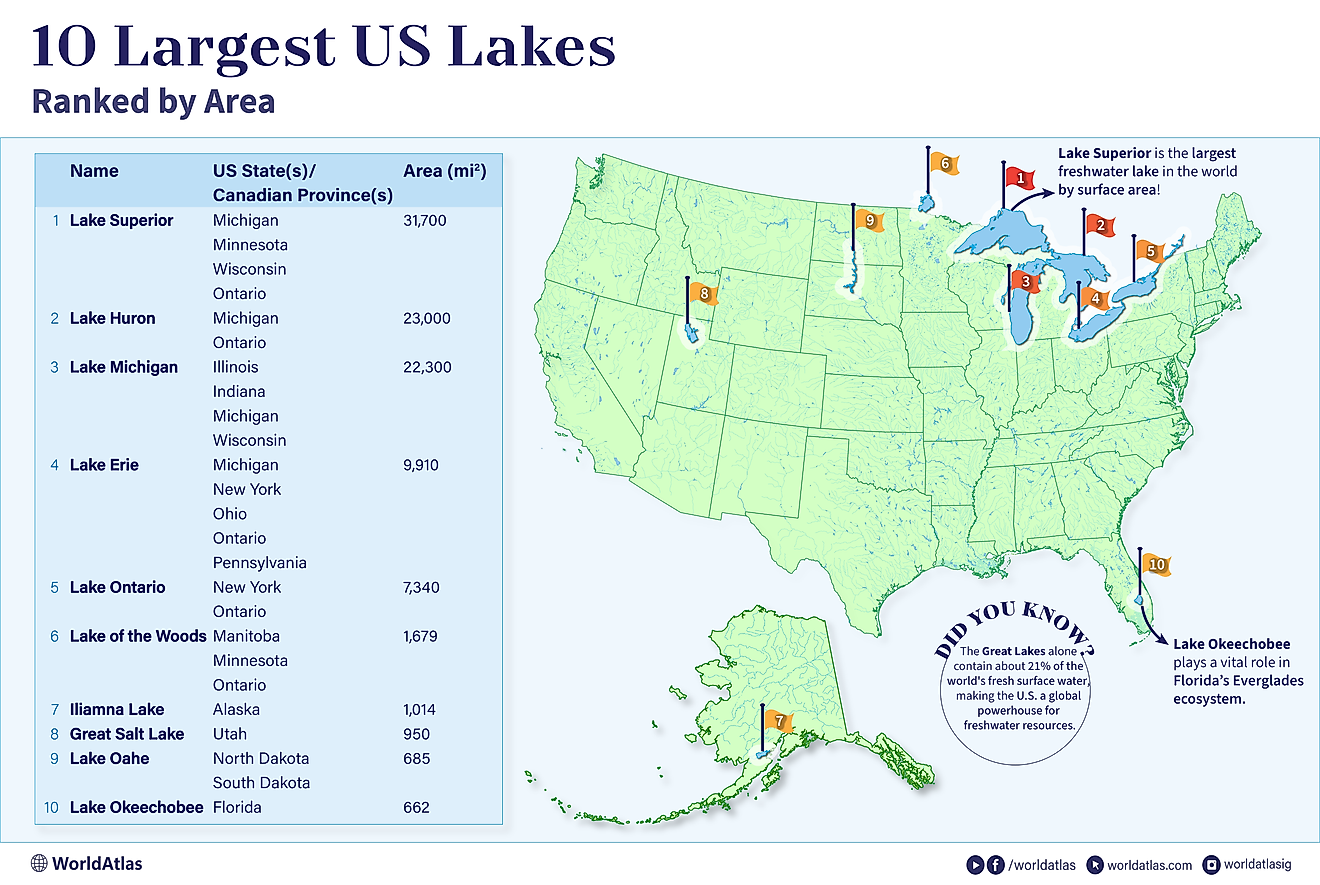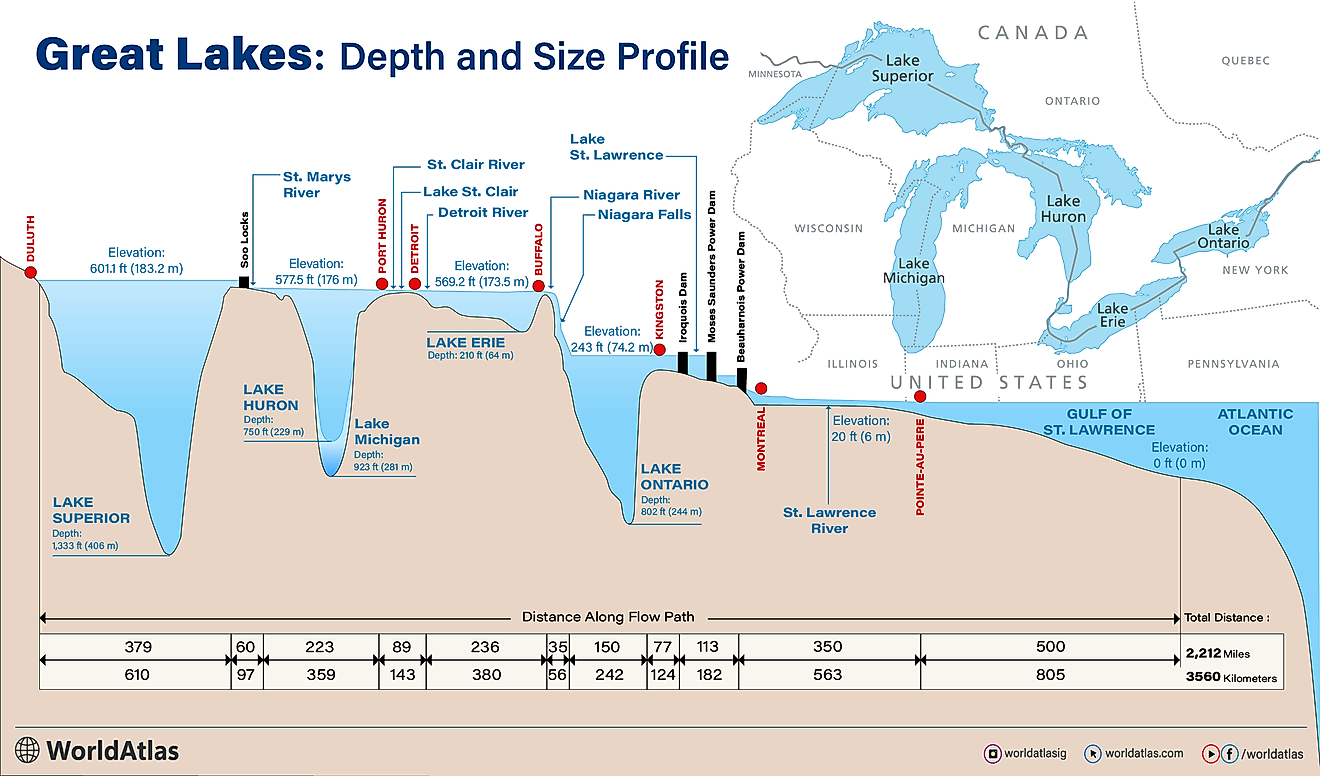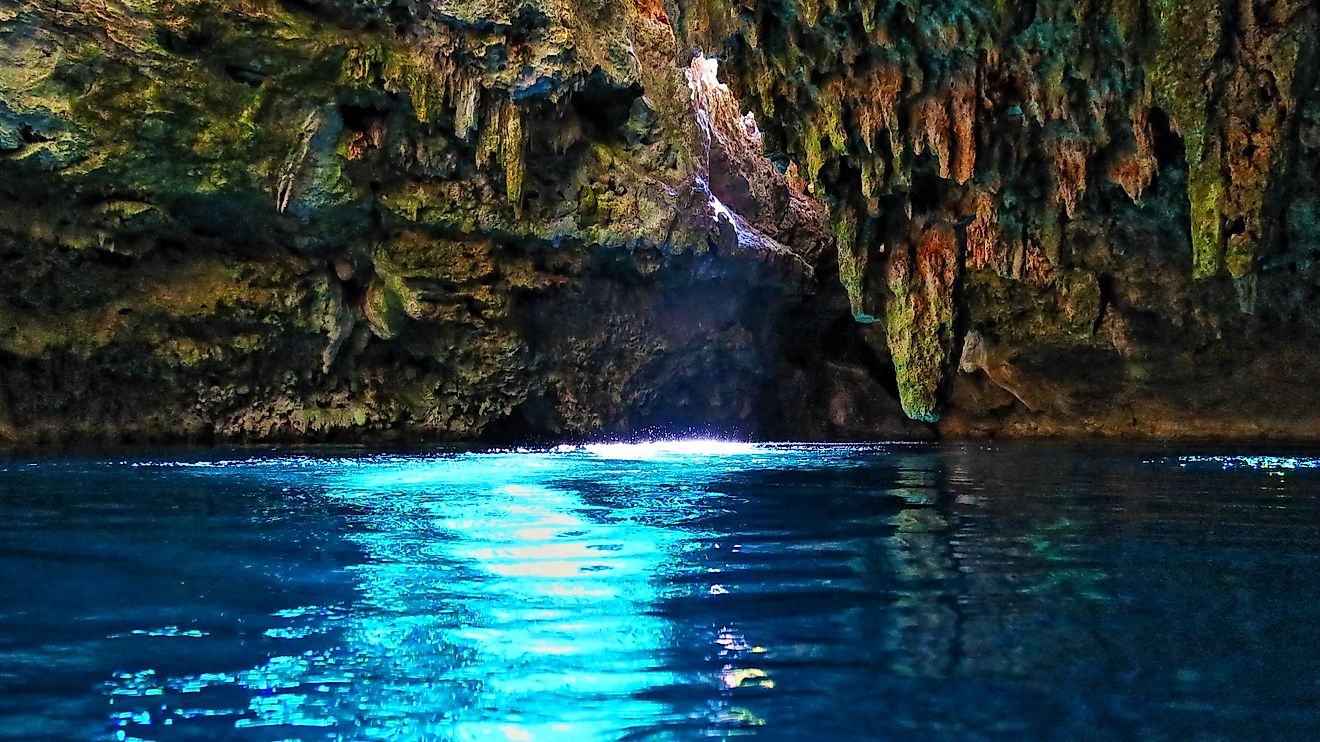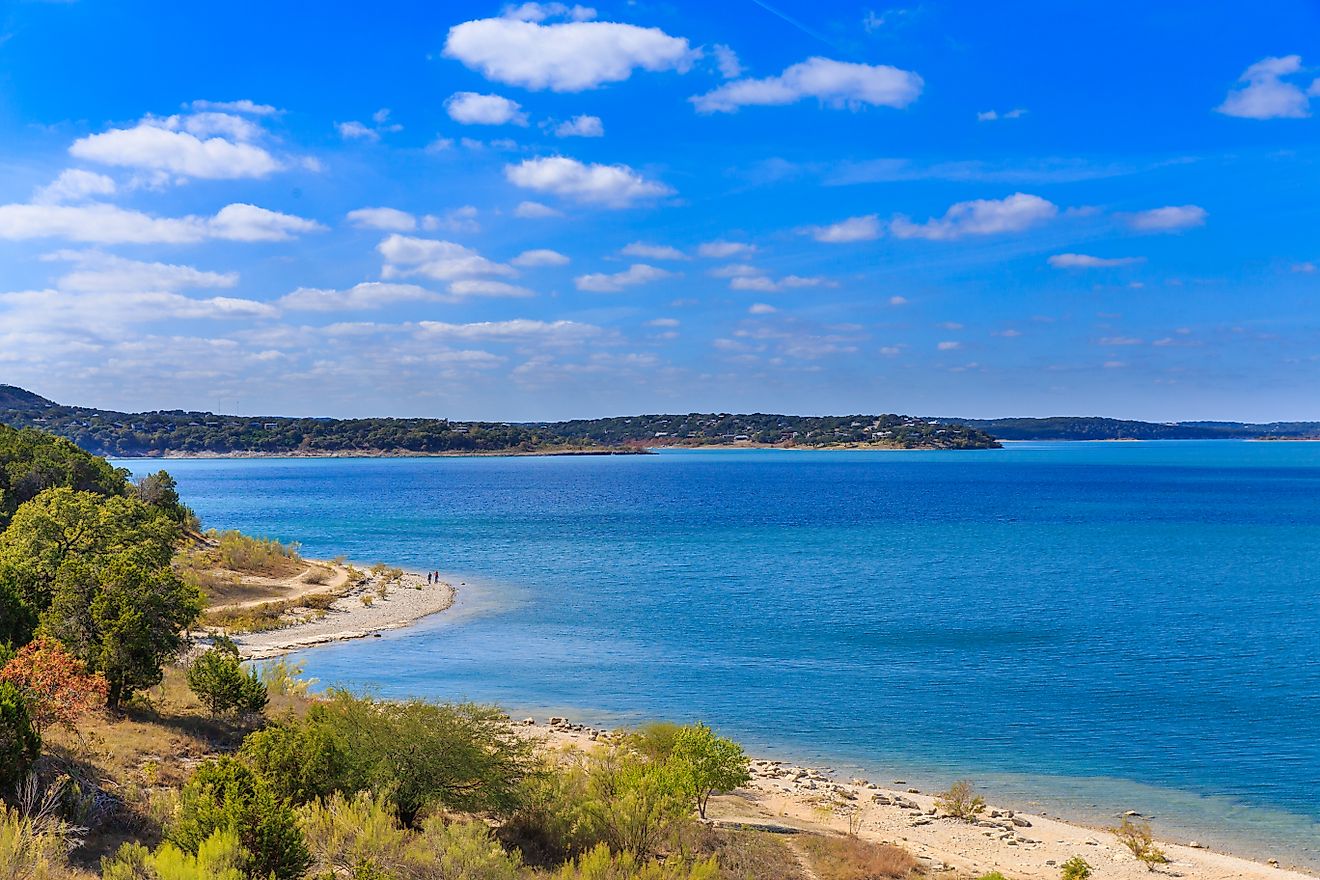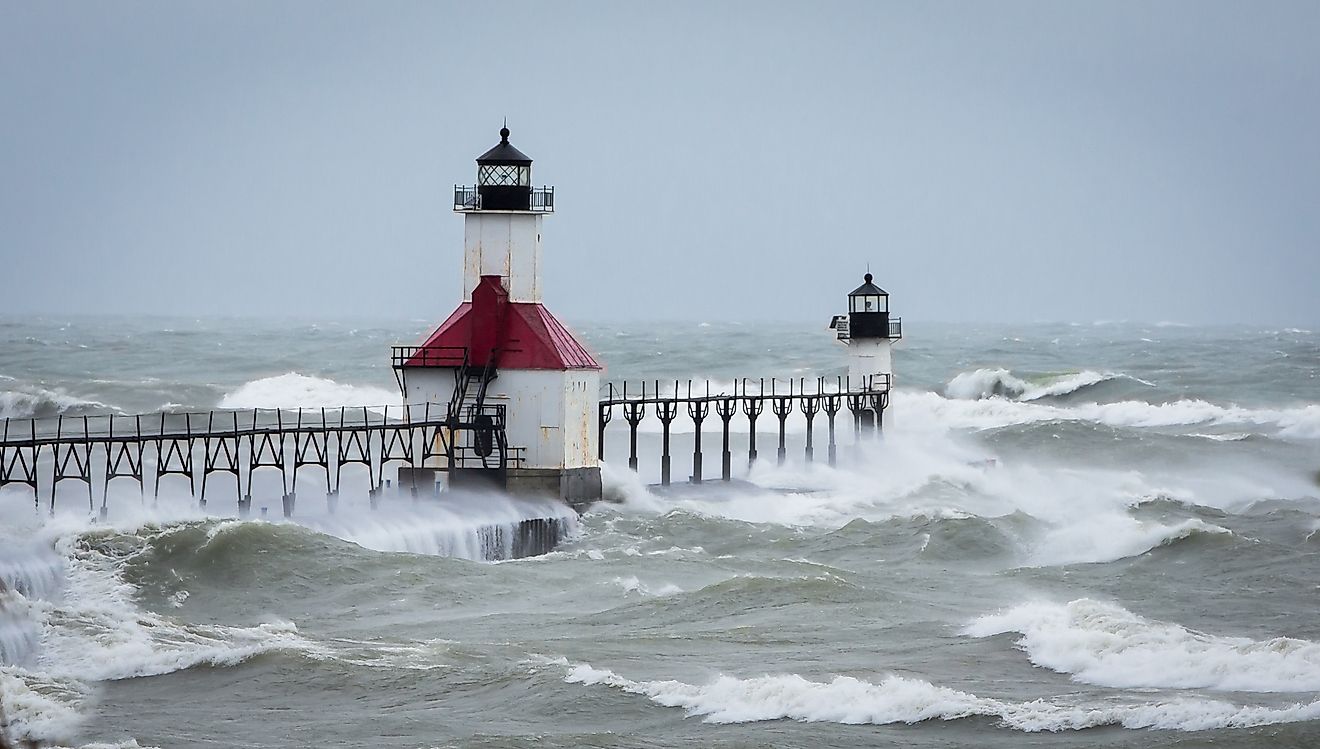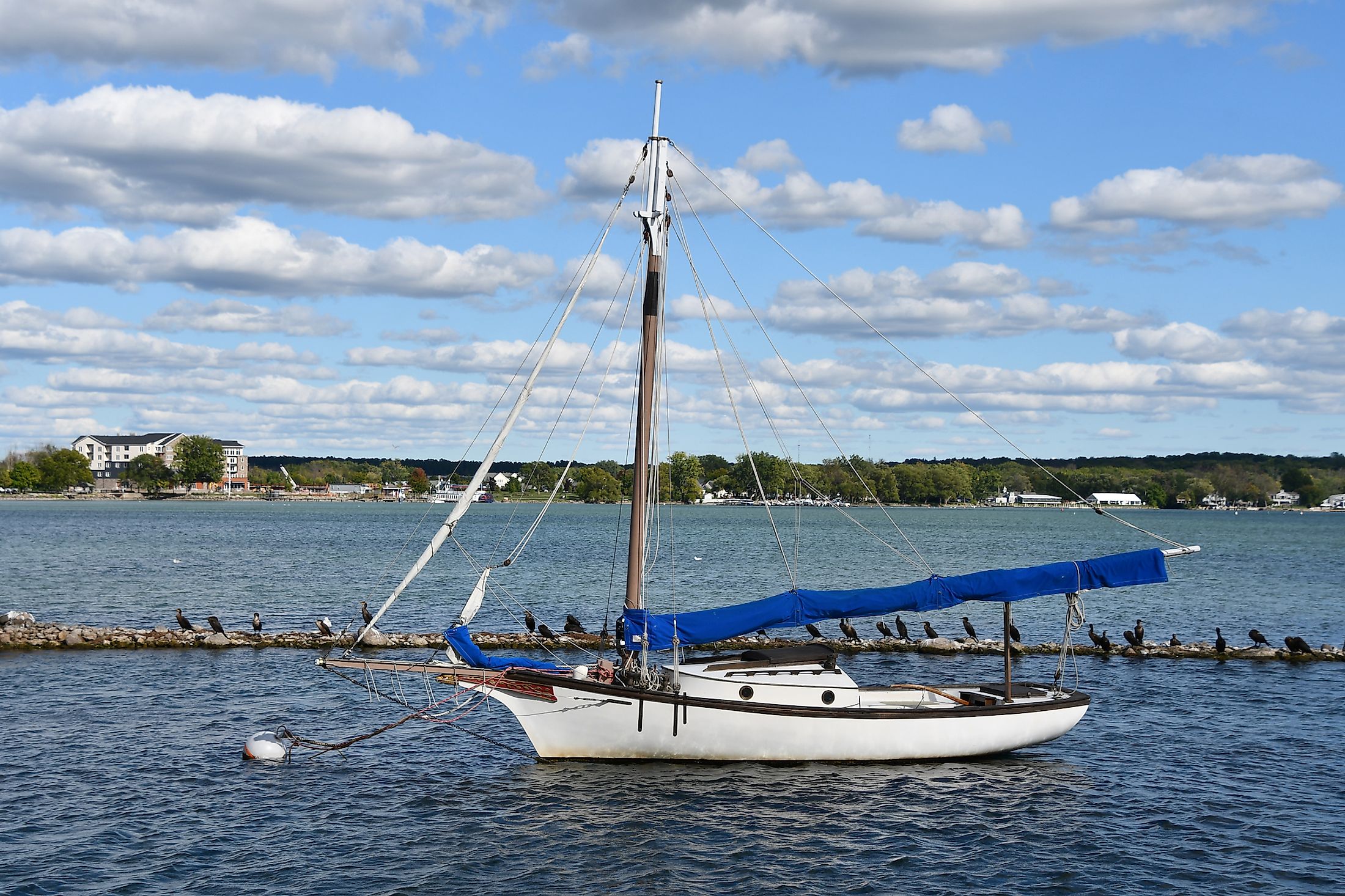
Canandaigua Lake
Canandaigua Lake is situated in the Finger Lakes region of Ontario County in the US State of New York. This 24.9km long lake is considered the fourth most extensive and the westernmost of the major Finger Lakes of New York. The small city of Canandaigua is situated at the lake's northern end, while the village of Naples is located at its southern end. The name of the lake and its adjacent city has been derived from the native Seneca word "Ganandogan" or "Kanandarque," which means "the chosen spot."
About The Canandaigua Lake
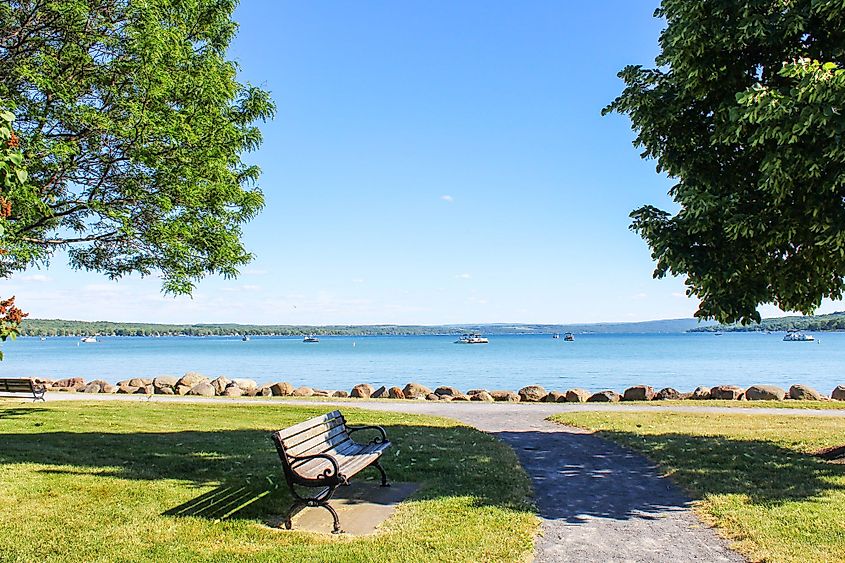
Covering an area of 43.5 sq. km, Canandaigua Lake has a length of 24.9km and a maximum width of 2.4km. Situated at an elevation of 210m above sea level, Canandaigua Lake reaches an average depth of 39m and a maximum depth of 84m. The lake is also known for its clean waters, which allow visibility of the lake's bottom from 9.1m to 15.2m below the water surface. The Canandaigua Lake receives its maximum inflow from the West River, while the Canandaigua Outlet drains the lake at its northern end in Canandaigua. The lake has a water volume of 1.6 cubic kilometers and provides drinking water for about 70,000 residents living in Canandaigua and the adjacent communities of Rushville, Palmyra, Newark, and Gorham. In April 2013 and 2017, the water from Canandaigua Lake was voted to be the best drinking water in the entire New York. The well-oxygenated waters of Canandaigua Lake also support many fishes such as yellow perch, black crappie, smallmouth bass, rainbow trout, largemouth bass, chain pickerel, lake trout, etc. in both the shallow and deep areas of the lake.
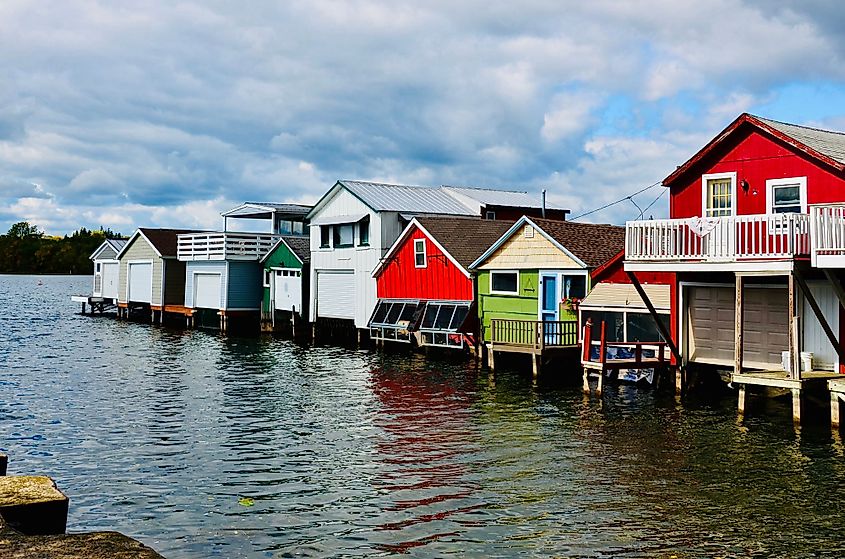
Of the 57.8km long shoreline of Canandaigua Lake, about 55.8km is for private purposes, and 1.9km is for public purposes. Forests occupy more than 50% of the lake's surrounding area, and the remaining area is utilized for cultivation. The Skenoh Island is located at the northern end of Canandaigua Lake. The island is one of the two known islands in all the eleven Finger Lakes and is considered New York's "smallest Fish and Wildlife Management Area." The island covers an area of 740 sq.m and has a length of 44m and a width of 17m. Studies have revealed that the island has been formed from the alluvial deposits of the neighboring Sucker Brook. At present, the island has been eroding rapidly due to the forces of wind, water currents, ice, and changing wave patterns.
Brief History Of Canandaigua Lake
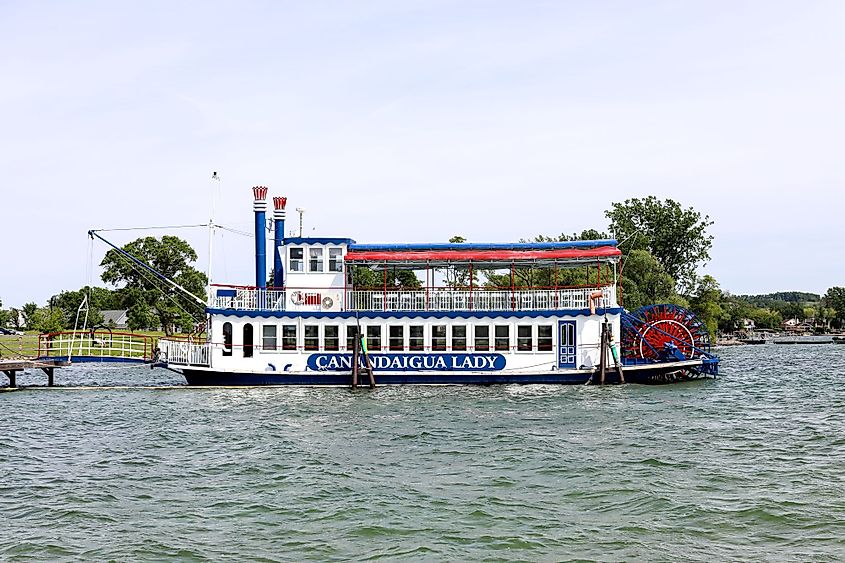
Similar to the other Finger Lakes, the Canandaigua Lake was formed from the glacial meltwaters at the end of the Wisconsin Glaciation. The native Seneca people initially inhabited the surrounding area. The Seneca people followed a tradition where they would burn tobacco around the lake's shores to thank for a plentiful harvest. This tradition continues even today and is referred to as the "Ring of Fire." In 1794, the Canandaigua Treaty was signed at the lake's northern end in Canandaigua between Colonel Timothy Pickering and the Grand Council of the Six Nations of the Iroquois Confederacy. In 1825, the first steamboat in the Finger Lakes, known as the "Enterprise," was launched at Canandaigua Lake. The lake's steamboat era continued from 1827 to 1935, and at present, a double-decked paddle and steamboat replica named the "Canandaigua Lady" continues this tradition of providing commercial service on the Canandaigua Lake from May to October.
Recreation In Canandaigua Lake

Located on the lake's northern shores is the Canandaigua Lake State Marine Park. The park contains three rigid surface boat ramps that help launch powerboats in the lake's waters. Fishing is also permitted in the park from the beginning of May to the mid of October. Also located close to the lake's northern shores are the Sonnenberg Gardens and Mansion State Historic Park. The beautiful state park contains a 40-room mansion surrounded by nine gardens. In addition to this, the park also houses the Finger Lake Wine Center, which offers local wines for both selling and tasting purposes. The Sonnenberg Gardens and Mansion State Historic Park was added to the US National Register of Historic Places on September 28, 1973. The Canandaigua Lake contains five marinas: the German Brothers Marina, Smith Boys Marina, the Sutter's Marina, Seager Marina, and the Pelican Point Marina. The lake also serves as a well-known second home destination for families residing in Rochester and those who live in the other portions of the northeast.
